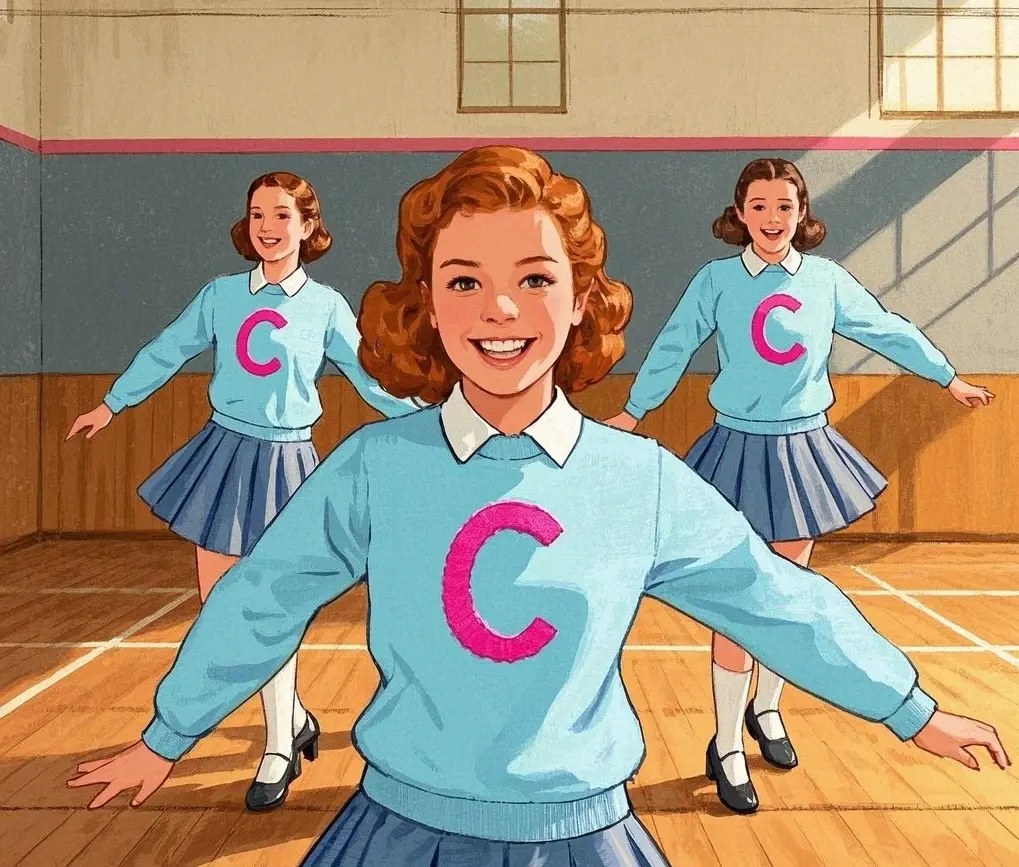Resources
The original research we built on is here. You'll also find web links to reliable academic research throughout our website, many of them in the blog posts.
You're not alone There are 19,500,000 families with children in the UK. The most common types of single-family households in the UK include those with a married or civil partnership couple with dependent children - 3.5 million, 14.3% of all households. There were 656,000 households (2.6%) in which multiple families lived together with dependent children, a proportion that has remained the same since 2011, when there were 602,000 such households (2.6%).
Source: ONS 2024.
According to a Braun research poll commissioned by appliance manufacturer Whirlpool, 82% of parents said they grew up doing household chores. Today, only 28% give their children household tasks to do. In her book "How to Raise an Adult," former dean of undergraduate advising at Stanford University Julie Lythcott-Haims, writes that household chores help kids build responsibility, autonomy, and perseverance. The things you need as a capable grown-up. "When young people have been expected to roll up their sleeves and pitch in, and to ask how they can contribute to the household, it leads to a mind-set of pitching in, in other settings, such as the workplace."
So why did we stop?
Not giving kids chores, she added, "deprives them of the satisfaction of applying their effort to a task and accomplishing it.” Having to fit in chores can also help children to manage their time. "Real life is going to require them to do all of these things. When they're at a job, there might be times that they have to work late, but they'll still have to go grocery shopping and do the dishes." “Each year, more and more students arrived on campus with an impressive list of accomplishments but no sense of independence. They had grown up with parents who protected them from failure, made their choices for them, and solved all their problems. I saw the damage that overparenting caused: students were lost, anxious, depressed. They didn’t know how to handle life when it didn’t go their way."
80 Years of Chores
Harvard Grant-Glueck study
A Fun Fix for Chores & Connection
Only a few people actually want to do household chores, but they still need to be done.
Nobody much wants their children to sit huddled away, silent and uncommunicative,
locked into their phones, watching other people pretend they have perfect lives, either.
Helping Cards provides a fun solution to help get children back into the family and get
homes cleaner, tidier and happier, all at the same time. They aren't the elixir of eternal life,
but they might be the next best thing.
Healthier Lives
Dr Robert Waldinger is the director of the Harvard Study of Adult Development, which
began in 1938. It’s the longest-running piece of developmental research ever. He asked if
warmer relationships make people less likely to develop coronary artery disease or
arthritis or if relationships could somehow enter the body and change it. His study showed
that both of these things were true. Then, other studies started to show the same.
Happiness affects your health. In a good way.
Essentials of Happiness
Looking at the key to happiness across different countries, cultures, and social statuses,
some money, good health, a healthy life expectancy, and the freedom and capacity to make
significant life decisions stood out, along with trust. However, generosity and opportunities
to be generous were also vital. Above all, the more socially connected you are, the more
likely you are to live longer and happier.
Reduce Stress
“The best hypothesis for which there’s good data is that relationships help us manage
stress,” he said. “We know that stress is a part of life. What we think happens is that
relationships help our bodies manage and recover from stress. We believe that people
who are lonely and socially isolated stay in a kind of chronic fight-or-flight mode where, at
a low level, they have higher levels of circulating stress hormones like cortisol and higher
levels of inflammation. Those things gradually wear away different body systems. So much
of this is about the basic human experience, which does not change.”
Two Sides of Happiness
Dr. Waldinger believes happiness falls into two categories. Hedonic wellbeing, or “Am I having a good time right now?” And eudaemonic wellbeing, the feeling that life is meaningful and good.
✽ Eudaemonia
Helping Cards
and eudaemonia
Does anybody actually want to do household chores? Being honest, probably not. But
Harvard University’s Dr. Waldinger gives the example of having to read the same story to
your child at bedtime when you are exhausted after a hard day. Is it fun, hedonic wellbeing?
No.
Do you really want to do it? Too embarrassing to answer honestly? Ok, different question. Is reading that book for the seventh time the most meaningful thing you could do right then? Almost certainly, yes.
As a grown-up you know that there’s a difference between what’s fun right now and what matters. Doing the chores together can ultimately be the more meaningful thing. Learning, building, growing, reflecting and achieving together. That's where Helping Cards come in.
Practice
Built on practical strategies to allow children to be children, making their own mistakes to develop robust inner resourcefulness, resilience, and the strength they need for success.
Social connection
Building face-to-face social connection, generosity and opportunities to be generous.
Full pack
80 Helping Cards in a pack
User guide
How to play instructions
Kid-Proof Storage
Robust storage box
Sticky finger mark resistant!
Shipping
UK postage and despatch included
The secret to a happy life
Confidence, capability and communiction. All that, and you get happier, healthier, more resilient children equipped
with the foundation to become better adults. And as if that wasn’t enough, you get a tidier,
cleaner place to live in.
How good is that?
